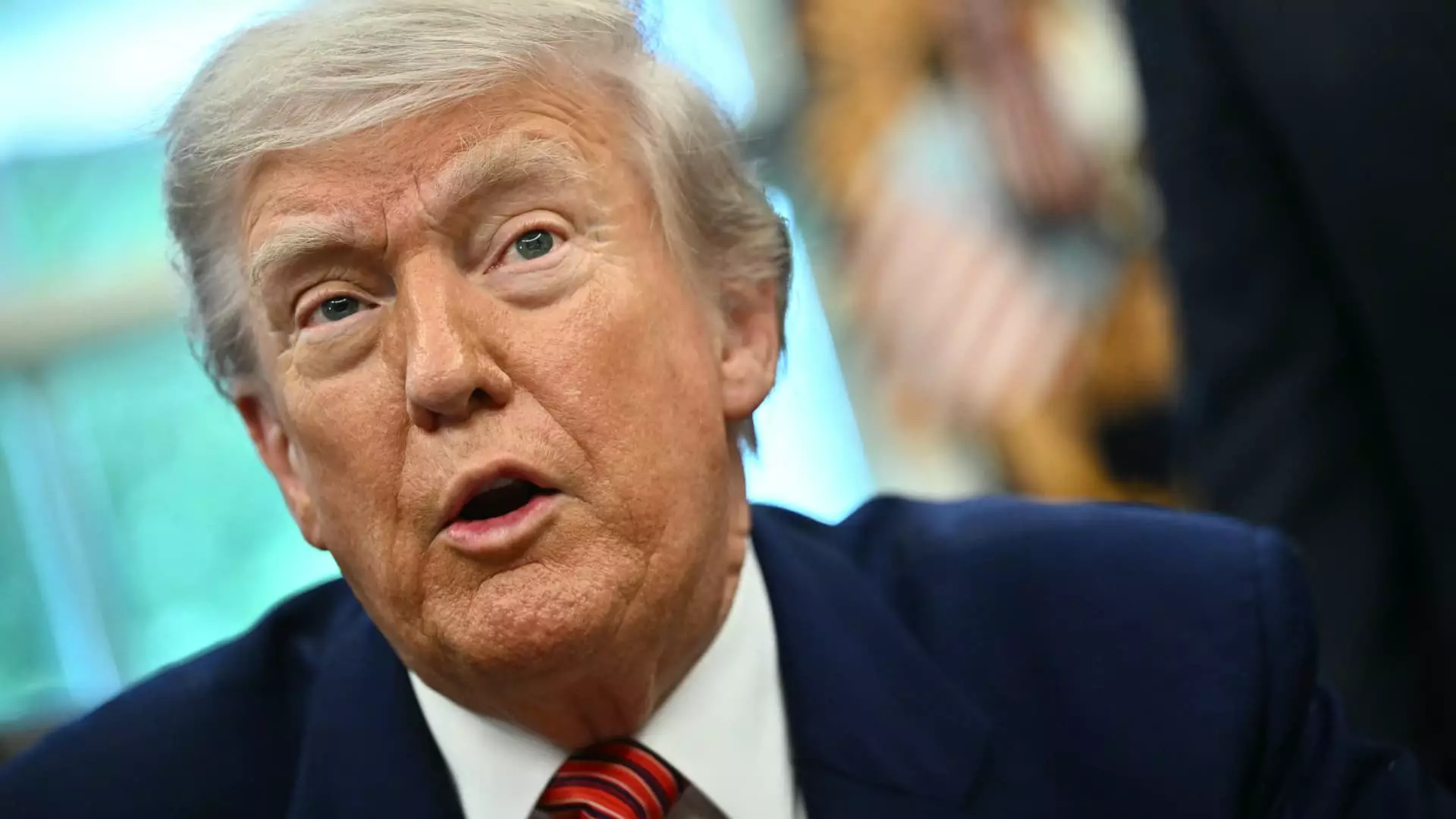In an unequivocally redolent display of political theater, President Donald Trump addressed the graduating class at West Point with a message that simultaneously celebrated military might while weaving a tapestry of his own administration’s achievements. Adorned in the now-iconic “Make America Great Again” hat, his words drifted beyond mere congratulatory typically expected of such occasions. Instead, they hinted at a troubling trend where the military is increasingly being utilized as a backdrop for electoral aspirations. Rather than fostering a culture of service and sacrifice, Trump’s speech aligned seamlessly with his campaign rhetoric, turning the army into a prop in his personal saga of restoration and dominance.
Mythologizing Military Resilience
Trump’s claim of ushering in a “golden age” for the American military is more a grandiloquent assertion than an empirical reality. While boosting military budgets is indeed a significant aspect, it is essential to question the implications of such an approach. A bloated defense budget that prioritizes military expansion at the expense of human capital—including education, healthcare, and veteran support—does not signal strength; it reflects an egregious priority distortion. Trump portrayed the military as an unbeatable juggernaut during his tenure, invoking a sense of hysteria about external threats while ignoring the very real internal challenges closed ranks on marginalized communities and the very soldiers he claims to amplify.
Critique of “America First”
Trump’s “America First” philosophy, if dissected critically, reveals the dangers of insular patriotism. By dismissing the value of international partnerships in favor of a unilateral, confrontational approach, he risks alienating allies that have long stood shoulder-to-shoulder with American forces in global conflicts. His declaration that past administrations devoted American soldiers to “nation-building crusades” highlights a profound misunderstanding of the complexities at play in international relations. The dismissal of global interdependence is not only intellectually lazy but dangerously simplistic; it fails to recognize that collaboration often yields greater security than military force alone.
The Dark Shadow of Diversity Crackdowns
Particularly disturbing are Trump’s remarks about dismantling diversity, equity, and inclusion (DEI) programs within military academies. This agenda finds roots in a regressive worldview that equates diversity training with division, purely for political gain. By eliminating cultural clubs and purging educational resources from military installations, the administration embraces a vision that neglects the realities of an increasingly multicultural society. The irony is palpable; in advocating for a unified military, Trump paradoxically heralds an era of division that could lead to a homogenous military culture lacking the critical thinking skills necessary to navigate today’s multifaceted global challenges.
In the end, the glaring discrepancies between rhetoric and reality shape a landscape where the aspirations of inclusivity and progress are stymied by an administration that prefers the familiar comfort of authoritarian bluster. Presidential addresses, especially in a military context, ought to inspire valor and unity, not serve as a clarion call for regressive ideologies that move us further from the values we profess to uphold.

